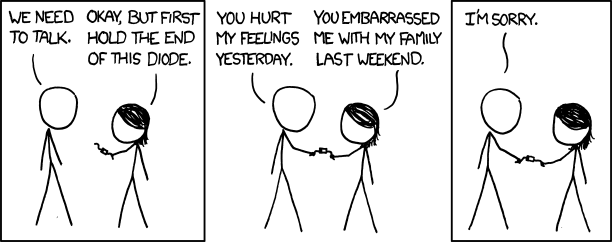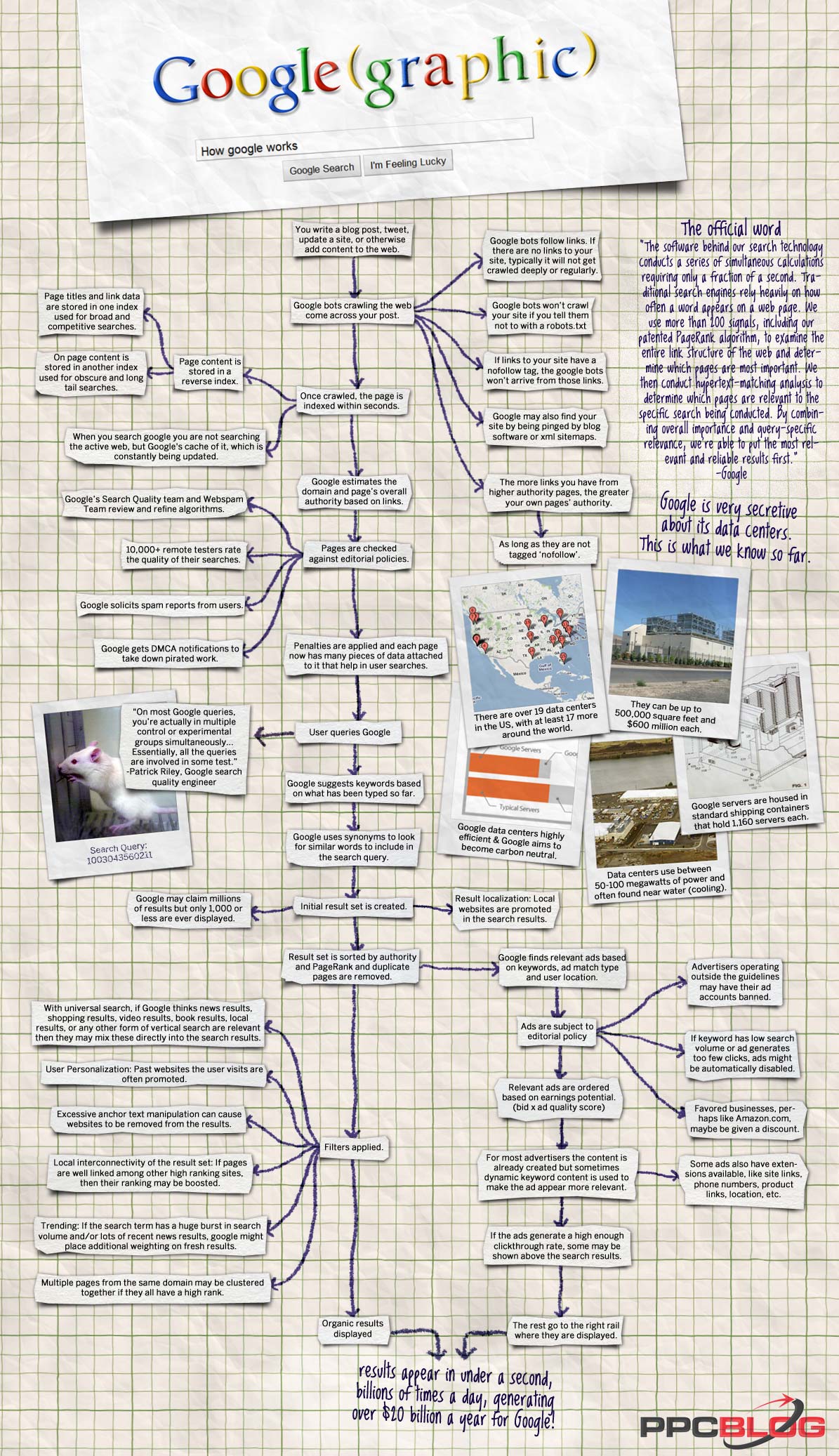For the last couple of weeks the AOIR Internet Research Conference has been a major part of my life. The climax came when more than 250 internet researchers descended on Göteborg to meet, discuss, argue & present their ideas. In the 48 hours prior to the conference twitter began buzzing with messages of people leaving distant locations and/or arriving in the exotic conference city. At this stage the main goal seem coordination: where & how were the two main questions passed around on twitter and as in most cases the participants used a mixture of online information & communication to self-organize gatherings prior to the conference.
On Wednesday 20/11 the day was mainly about making sure that the venue actually worked in a live situation so I missed the pre-conference workshops which were:
- Ethics and Internet Research Commons: Building a sustainable future
- Evaluating Social Media
- Academic Career Development Workshop for Research Students and Early Career Academics
- Learning and Research in Second Life
But, I did get inspirational glimpses both afk & via twitter. Among the quotes I would have liked to follow up was from Michael Zimmer : Some people publish texts online (blog posts, tweets) having a ‘presumption of obscurity’. The good news is that I got to meet plenty of people. It is quite fun – and often totally impossible – trying to recognize people from their twitter photos. The evening held a social event which was a great way to meet old and new friends. As a local I was pleased that many liked the city and intrigued by a delegate who had managed to find both a mountain and a labyrinth in central Göteborg – I never could figure out where she had been.
Day two was the conference proper. Which began with registration and organization. The morning went in a flash of practical matters. The biggest disappointment was the fact that keynote speaker Jon Bing had canceled late and the delegates attempted to self-organize a twitterwall based discussion in plenum it was enjoyable and sociable but maybe not successful as a directed discussion.
In the afternoon I attended the panel on networking and social sites where, amongst other things Zimmer presented his work on privacy and Facebook (also showing the historical changes to privacy settings). When referring to the fact/excuse that the user has the “possibility” to protect her identity he referred to privacy controls on Facebook as similar to the controls of a Boeing 747 claiming: “anyone can fly a 747 cause the controls are there!” He also added that he was optimistic but ultimately skeptical of the Diaspora project.
After this I attended Sustainable Communities: Cultural Expressions on Facebook where I listened to Paul Baker present on Representing disability on social media & Jan Fernback gave a great presentation on FB sousveillance where she introduced me to the term Equiveillance which is an equilibrium between surveillance & sousveillance. In the same session I think it was Jaurice Hanson talking about Facebook and “Friends who deliberately showed her age – and gained common ground – by using the quotes “Never trust anyone over 30” & “who loves ya, baby?” The long day came to an end and discussions continued at the conference reception where the Mayor of Göteborg proved to be welcoming and very amusing.
Starting at 8:20 on day two proved challenging but attendance remain enthusiastic. My choice was the paper session on Digital Democracy and Participation where papers discussed social work in Austria (Myriam Cecile Antinori), Technological (in)Justice (Kathi R. Kitner) and a critical evaluation of the Techno-Social Policies in Turkey (Ferruh Mutlu Binark).
The session was closed by Ingrid Erickson who presented inspiring and simple projects focused on neighborhoods as context for youth citizen engagement (my favorite was Urban Biodiversity Network). She argued that youths must “be agents of their own learning” which I find both a most positive & depressing quote simultaneously. On the whole it was very interesting even if the nagging question of access to technology being equated with providing justice remained.
My next session was Tweeting it out: Twitter & sociality which attempted to look into twitter as a form discourse in the public sphere.
Axel Maireder spoke of the potentials for microblogging for transnational European public discourses. Andrew Long looked at elementary narrative structures on Twitter and David Houghton presented his research on self-disclosure on twitter with examples like secret tweet. The final presentation was by Theo Plothe who does some very interesting work on twitter use among NFL players who are using the medium to increase their cultural capital. During the presentation he not only quote MC Hammer but made it a point “Thats right, I just quoted MC Hammer”. I also got to learn what #smfh means (shaking my f**ing head).
Missing the keynote by Peter Arnfalk available here I returned to the conference to hear the presentation by Florence Chee @cheeflo about licensing, eulas and consent which took its starting point from the fact that users are unaware that game providers legally collect & share a great deal of information. Her research confirmed that users do not read ANY part of the Eula. (which reminded me of Izzard’s take on this).
Unfortunately this session was extremely depopulated without the chair or other speakers showing up but Florence Chee managed to turn the session into a keynote with discussions. Most memorable among the discussions was when Jean Burgess & Jeremy Hunsinger attempted to argue a point by discussing across the width of the large auditorium.
By the end of the day my mind was getting numb from all the presentations but I still battled on listening to discussions in the panel on The Internet as a Tool for Religious Cultural Formation where I was particularly interested in the discussions of mega-churches and the work of who is now on a post doc at HUMlab.
The final day began with a flurry of admin work, changes to schedules, rooms and making sure everything would still work. After this I walked in to listen to the Approaches to Internet Research panel where Daphne Ruth Raban explored the Information Society as a concept in an attempt to answer: Do we have a paradigm, field, area or what? Katja Prevodnik on measuring the digital divide. And Jeffrey Keefer presented his fascinating studies of developing researchers use of social media to express and understand their identities.
The mood was expectant of Nancy Bayms keynote where she talked about the internet, Swedish music and the changes occurring in the music industry. Among the memorable was “What we have is not market failure, we have imagination failure”
After the keynote there was an interesting session on Sharing and manipulating video and images. Here Stacey Greenaway videotagging game at the session on Sharing & manipulating videos & images and Gordon Fletcher presented on Photobombing (eg photobomb.net) as a social phen0menon – amusing, interesting and disturbing all at once. Meghan Peirce presented on tv shows online with the talk Television and Online Video: Adapting ‘Sex and the City’ for a Digital Environment.
For the final session of the conference I attended “All our Relations”: Playing with Networks. Where among the presentations I really enjoyed a very interesting talk by Nick Taylor on his video-based fieldwork in e-sports. By this time my brain was truly fried and the conference was over.
The best part of this conference was the people. I doubt that I have met a more open, enthusiastic, inquisitive group of researchers. They came early to everything and stayed late. Everyone was eager to talk about the research of others and not only their own. My only regret is not being able to attend more sessions and speak to even more people. So all I can say is next time Seattle!

